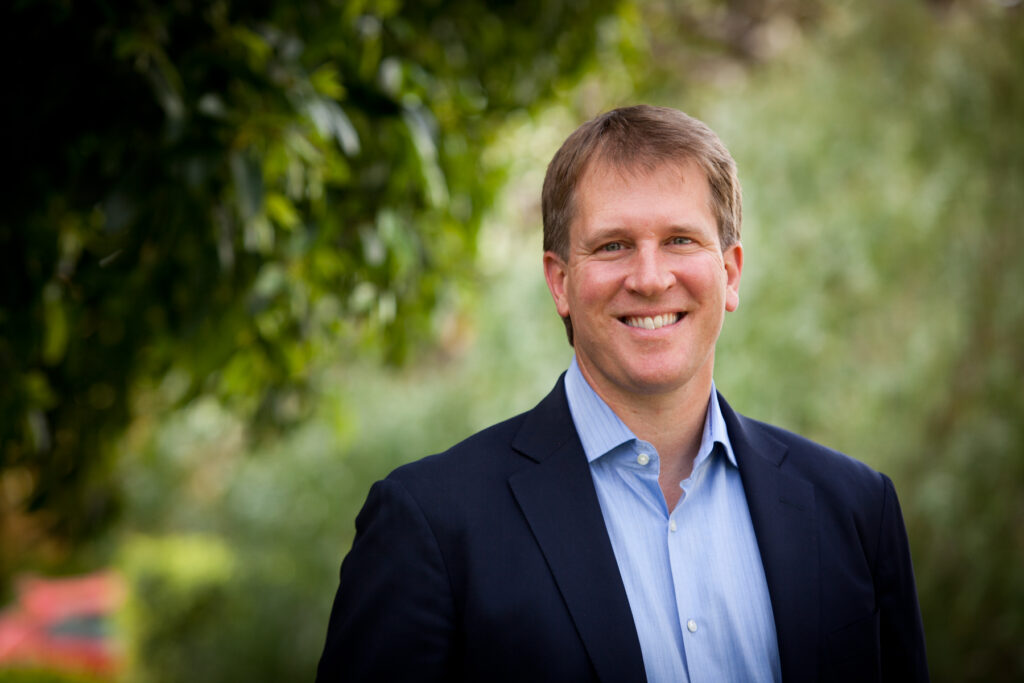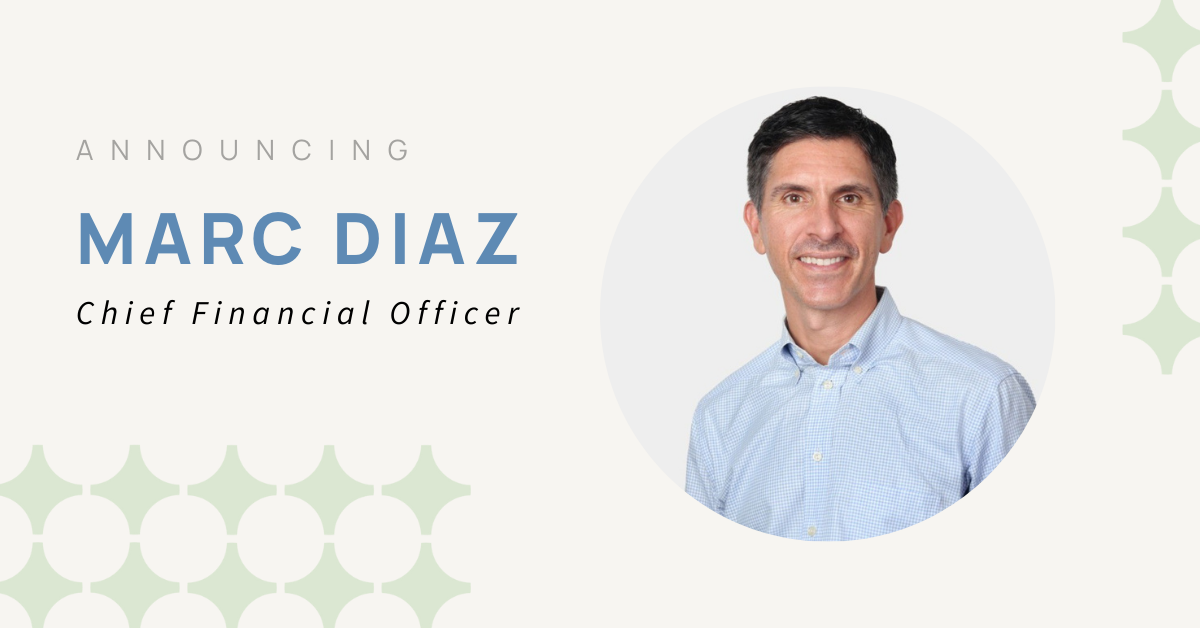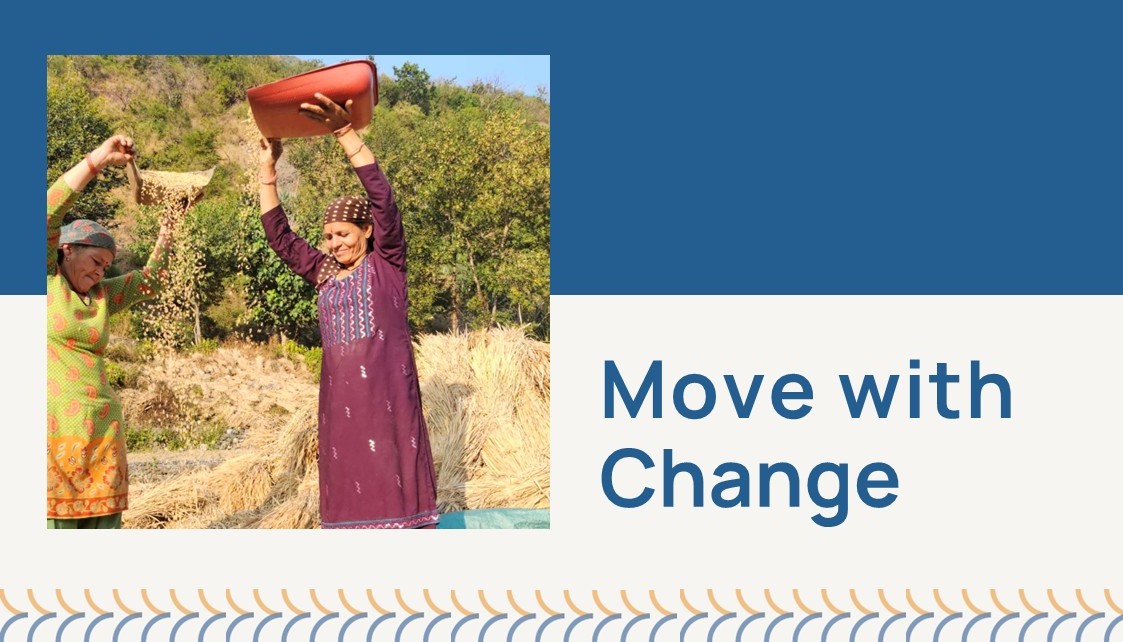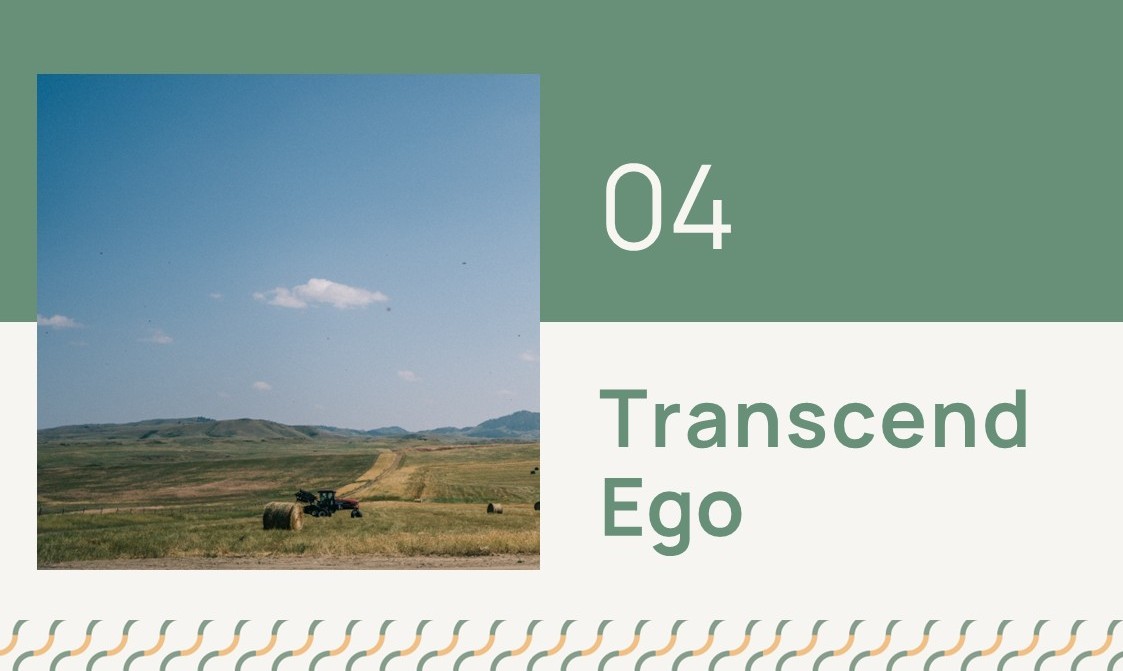Originally published on the Stanford Social Innovation Review
People have been talking for years about the “valley of death” between seed money and growth capital that confronts and sometimes swallows up social enterprises. Now we’re finally starting to see a critical mass of funders willing to fill the gap with capital combinations designed for enterprises that maximize social and environmental value.
All startups face this funding gap, but it’s more difficult for social enterprises to traverse. The social enterprise model is less familiar to funders of all types. A lot of early-stage investors—even in the impact sector—like to see the hockey-stick growth graphs typical of tech pitches. But social enterprises think about growth as a way to serve their mission, not as an end in itself. They may intend to remain rooted in a community and serve as a model to others, for example, rather than pursue rapid and far-reaching expansion. Or they may need a longer runway to build a supply chain or other systems, because they can’t just plug into an existing infrastructure that’s part of the problem they’re seeking to address. They may also have hybrid business models that put them outside conventional for-profit and nonprofit funding models.
These are the challenges a growing number of funders—investors, philanthropists, foundations, and debt providers—are working to address. While the dominant model remains a compartmentalized world where venture capitalists aim to make as much money as they can in the shortest possible time and philanthropists give money to donation-dependent nonprofits, forward-looking funders are taking an approach that crosses conventional boundaries.
New Funds Address Hot Impact Areas
In 2012, RSF Social Finance launched the RSF Local Initiatives Fund, in collaboration with lead donors, to pilot an integrated capital approach to financing regional food systems—one that coordinates investments, loans, and grants to provide flexible capital for social entrepreneurs. That project proved to us that providing a tailored mix of different types of capital can help early-stage social enterprises deliver on their missions. Funders were excited about the results as well, and we are about to launch four new Integrated Capital Funds: the RSF Fair Trade Fund, RSF Biodynamics Fund, RSF Soil Health Fund, and RSF Women’s Fund.

Don is the former President & CEO of RSF.


